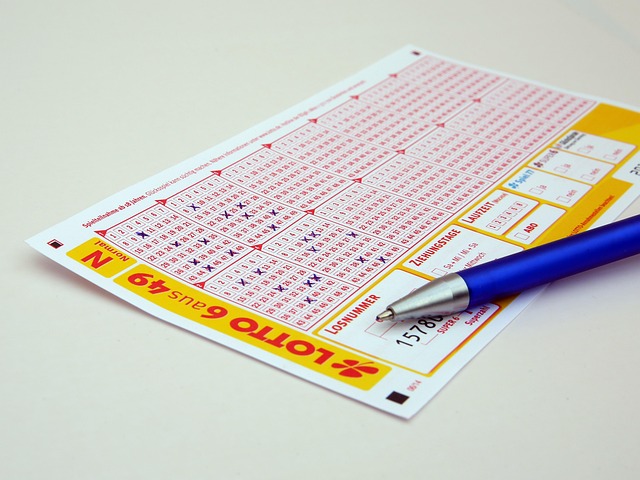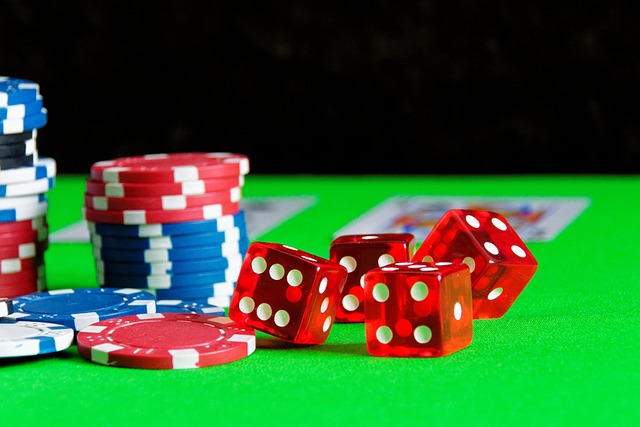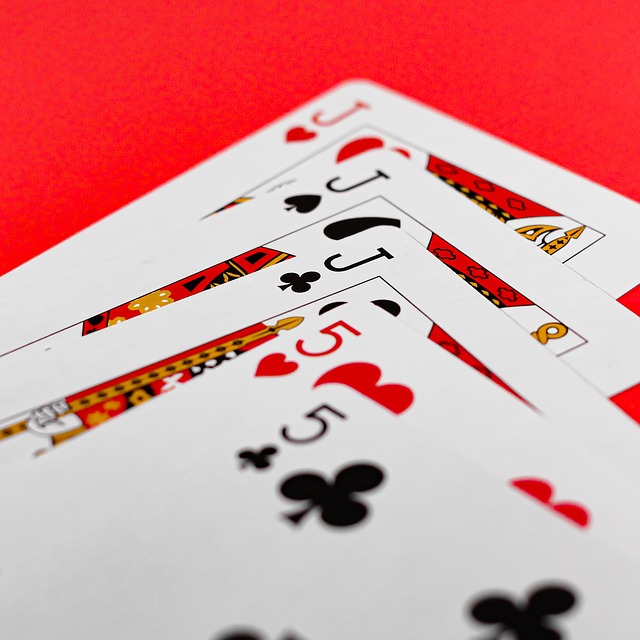Probability and odds are key to effective gambling tips, allowing players to make informed decisions and enhance their chances of success. Smart budgeting techniques treat gambling like any other financial activity, setting aside a fixed budget to prevent impulsive spending. Self-control is vital; setting clear financial boundaries and walking away when reached ensures responsible gambling, preventing substantial losses. Gambling Tips & Tricks include knowing when to walk away to enjoy the thrill without letting it dominate one's life.
Gambling can be an exciting escape, but it’s crucial to approach it with strategy. Discover top gambling tips & tricks that transform your experience from mere entertainment to a calculated adventure. Learn how to understand probability and odds, master smart budgeting for sustained play, and recognize the signs to walk away victorious. These essential practices ensure you make informed decisions, manage risks effectively, and maximize your enjoyment in the world of gambling.
Understanding Probability and Odds
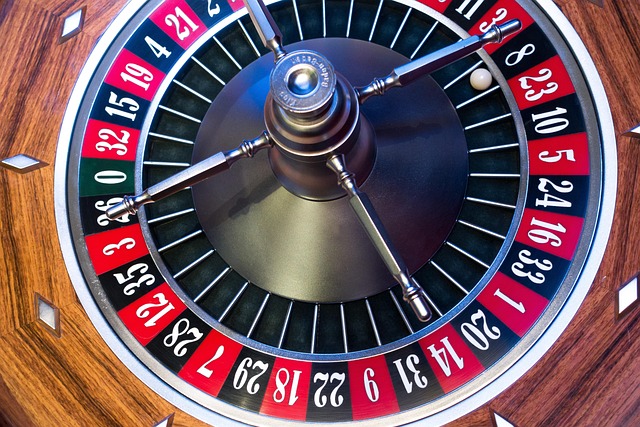
Probability and odds play a pivotal role in the world of gambling tips and tricks. It’s essential to grasp how these concepts work to make informed decisions while placing bets. Odds represent the likelihood of an event occurring, while probability calculates the chance as a fraction or percentage. Understanding these fundamentals enables players to evaluate potential outcomes and manage expectations.
For instance, if you’re considering a slot machine bet, knowing the paytable and understanding the odds of hitting specific combinations can significantly impact your strategy. Similarly, in table games like roulette or blackjack, recognizing the probability of certain card draws or wheel outcomes helps in making calculated risks. By combining sound judgment with an awareness of probabilities, gamblers can enhance their chances of success and make the most of their Gambling tips and tricks.
Smart Budgeting for Long-Term Play

Gambling, while often seen as a short-term thrill, can be approached strategically for long-term play using smart budgeting techniques. One of the key Gambling Tips & Tricks is to treat it like any other financial activity and allocate a specific budget for your gaming sessions. This discipline helps prevent impulsive spending and ensures you have funds left for future plays.
Consider setting aside a fixed amount each week or month dedicated exclusively to gambling, viewing it as an entertainment expense similar to dining out or movies. Sticking to this budget fosters responsible gambling habits, allowing you to enjoy the thrill of the game without putting your financial security at risk.
Recognizing When to Walk Away
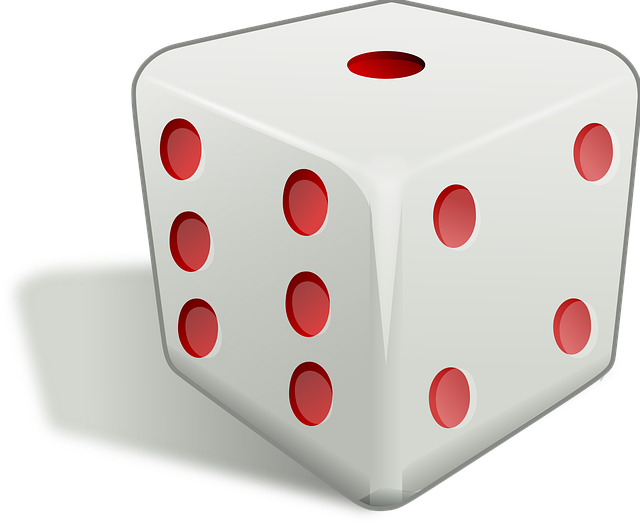
Gambling, despite its allure and potential for excitement, can quickly turn into a challenging situation if players fail to recognize when to walk away. Knowing your limits is one of the most important Gambling Tips & Tricks. Before stepping into a casino or placing a bet online, set clear boundaries for yourself. Determine an amount you’re comfortable spending and stick to it. If you reach this limit, it’s crucial to walk away, regardless of whether you’ve won or lost. Impulsive decisions driven by emotions like greed can lead to significant losses.
Additionally, be mindful of your overall well-being. Gambling should never strain your finances, relationships, or mental health. If you find yourself chasing losses or experiencing distress related to gambling, it’s a clear sign to take a break. Take time to reflect and reevaluate your priorities. Remember, knowing when to walk away is not a sign of weakness but rather a responsible approach to enjoying the thrill of chance without letting it control your life.
Gambling can be an entertaining pastime, but understanding probability, budgeting wisely, and knowing your limits are essential Gambling Tips & Tricks for anyone looking to play responsibly and enjoy the experience. By keeping these principles in mind, you can navigate the world of gambling with confidence, ensuring it remains a fun and controlled activity.



